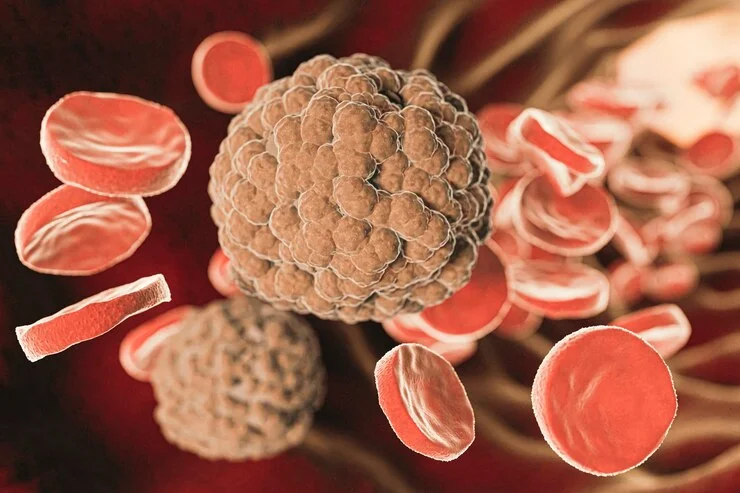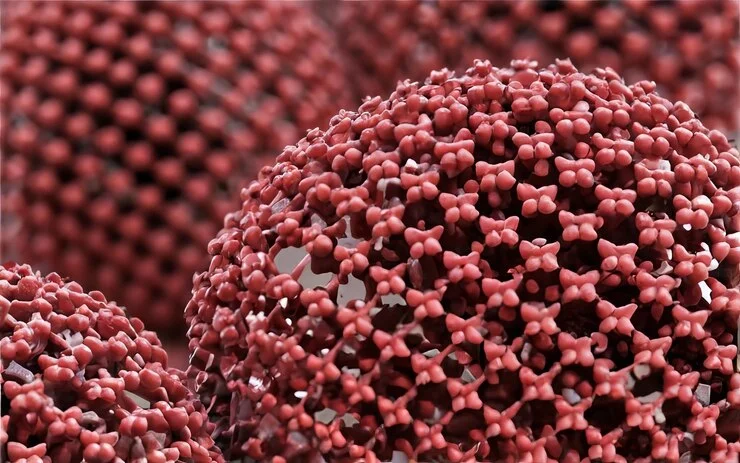-
BP Poddar Hospital
BP Poddar Hospital

Soft tissue tumors are complex and can cause concern. When dealing with soft tissue tumors, consulting one of the best surgical oncologists is crucial to ensure expert guidance. Here are key questions to ask your doctor to understand your diagnosis and treatment options.

Soft tissue tumors/ Fibrous tissue tumors are growths that develop in the body’s soft tissues, which include muscles, fat, tendons, and blood vessels. While some are benign (non-cancerous), others can be malignant (cancerous), requiring prompt attention and care. If you or someone you know has been diagnosed with a soft tissue tumor, it’s natural to have many questions about the condition, its implications, and possible treatment options.
When facing this diagnosis, one of the most important steps you can take is to be well-informed and prepared for conversations with your doctor. Here are some key questions to ask your healthcare provider, which will help you better understand fibrous tissue tumors and their treatment process.
Before diving into specific questions, it’s crucial to understand what fibrous tissue tumors are. These tumors grow in the body’s soft tissues, including:
Fibrous tissue tumors can vary in size, location, and whether they are benign or malignant. Some are asymptomatic and found incidentally during routine exams or imaging, while others can cause pain, swelling, or discomfort.
Soft tissue tumors can be classified into two broad categories:

The first and most important question you should ask your doctor is about the type of Muscle tumors you have. This will help you understand whether it is benign or malignant. It’s important to know whether the tumor is low-grade or high-grade if it is cancerous, as this will influence treatment options and the overall prognosis.
Ask for clarification on:
Some Muscle tumors are asymptomatic, meaning they don’t cause noticeable symptoms. However, in many cases, patients may experience swelling, pain, or restricted movement. Knowing what to look for can help in early detection.
Accurate diagnosis is critical in determining the next steps for treatment. Your doctor will use a combination of tests to evaluate the tumor. These may include:
Ask your doctor:
Once the type of soft tissue tumor is diagnosed, your doctor will recommend a treatment plan. Treatment depends on whether the tumor is benign or malignant, its size, location, and grade.
You can ask:
Every treatment option carries its own risks and potential side effects. Surgery, for example, may involve complications like infection, scarring, or nerve damage. Radiation and chemotherapy can have side effects such as fatigue, nausea, and hair loss.
It’s important to discuss potential side effects with your doctor to help you make an informed decision about your treatment. Some questions to ask:
The prognosis depends on several factors, including whether the tumor is benign or malignant, its grade, and how early it was detected. If the tumor is malignant, the treatment plan and prognosis can vary depending on the extent of the disease.
Be sure to ask:
If you feel uncertain about the diagnosis or treatment plan, it’s always a good idea to seek a second opinion. Consulting with a specialist, particularly a surgical oncologist who has experience in treating Muscle tumors, can provide you with greater confidence in the decisions you make regarding treatment.
While some soft tissue tumors are genetically predisposed or related to certain conditions, others may not have clear preventable factors. However, maintaining a healthy lifestyle can contribute to overall well-being and potentially reduce risks.
Some lifestyle changes you can discuss with your doctor include:

Soft tissue tumors can be either benign or malignant. While benign tumors do not spread to other parts of the body, malignant soft tissue tumors (also known as soft tissue sarcomas) can be cancerous and have the potential to spread.
Soft tissue tumors are diagnosed through a combination of physical exams, imaging tests like CT scans or MRIs, and tissue biopsy, where a sample of the tumor is examined under a microscope.
After surgery to remove a soft tissue tumor, the next steps depend on the tumor’s characteristics. For benign tumors, you may require minimal follow-up, while malignant tumors might necessitate further treatments like chemotherapy or radiation.
Yes, malignant soft tissue tumors can recur, particularly if the initial tumor was not fully removed. Regular follow-up visits and imaging tests will help monitor for any recurrence.
Signs of a cancerous soft tissue tumor can include rapid growth, pain, or the tumor being located deep inside the body, where it may cause pressure on surrounding tissues or organs.
Understanding soft tissue tumors and knowing the right questions to ask your doctor is crucial for effective health management. Early diagnosis and timely treatment can significantly improve the outcome, particularly when the tumor is malignant. By asking informed questions, you take an active role in your healthcare, ensuring the best possible decisions are made for your well-being.
While the term ‘soft tissue tumor’ can be concerning, it’s important to remember that many tumors are benign and can be treated effectively with the right medical intervention. Consulting the best surgical oncologist in Kolkata will provide you with expert guidance on your treatment options and ensure the best care for your condition.

January 30, 2025

January 29, 2025

January 28, 2025